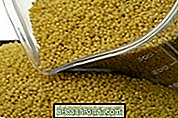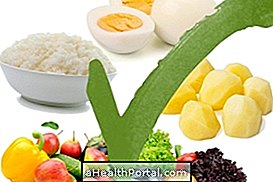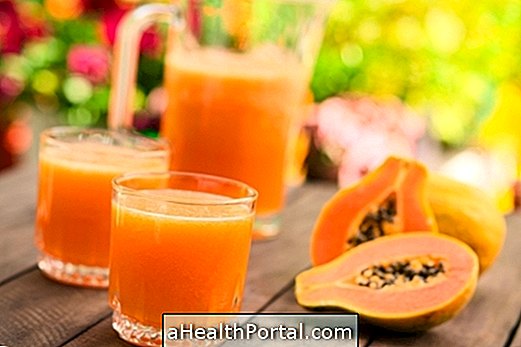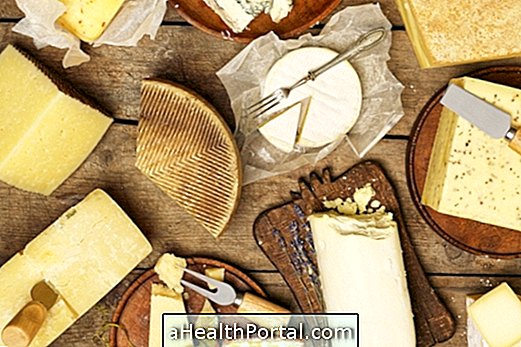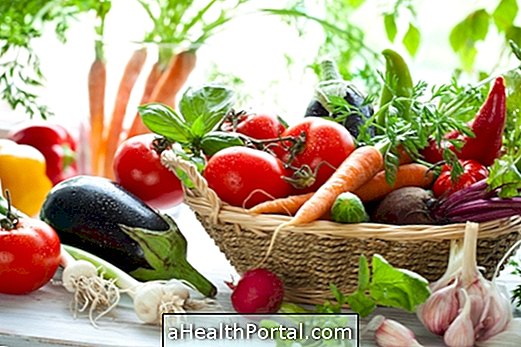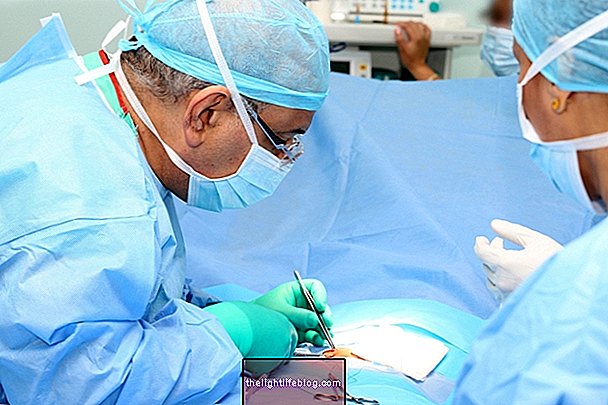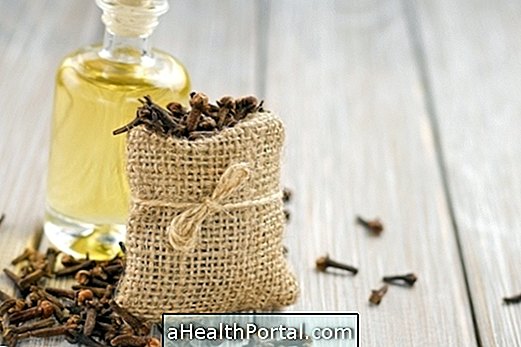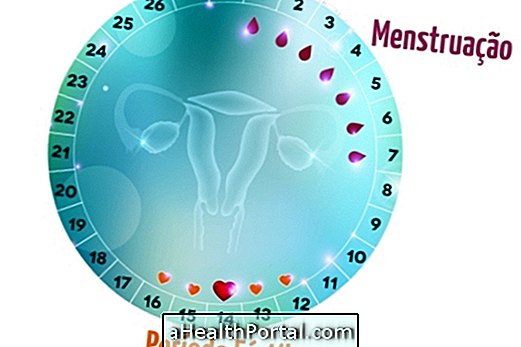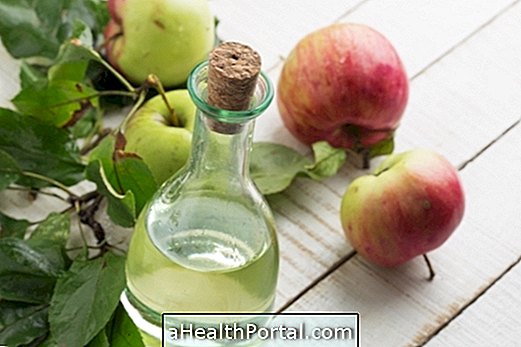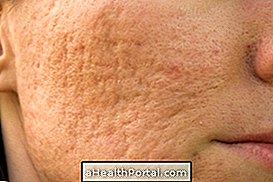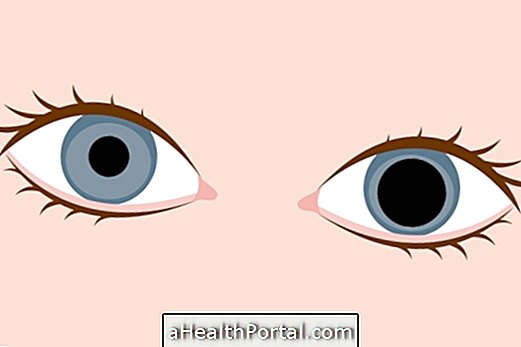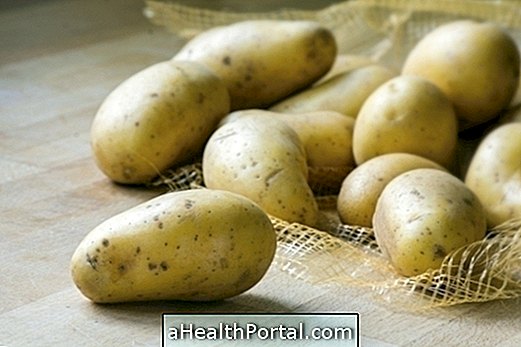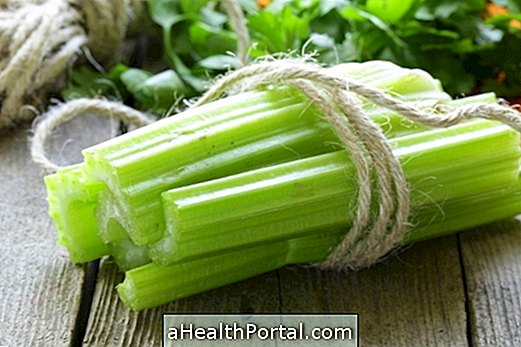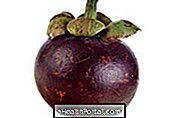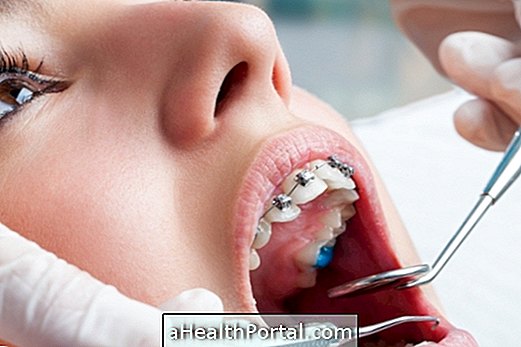Black beans are rich in iron, which is the nutrient needed to combat iron deficiency anemia, but to improve the absorption of the iron that is in it is important to accompany the meal, which has black beans, with citrus juice, such as orange juice natural, or eat fruits like strawberry, kiwi or papaya as dessert, because these fruits are rich in vitamin C that improves the absorption of iron.
Another way to make the meal even more nutritious is to make black beans with beets or spinach leaves because they also contain iron in their composition.

Benefits of Black Bean
In addition to being indicated to combat anemia, other benefits of black bean include:
- Help fight cholesterol by being rich in fiber;
- Prevent cancer by having antioxidants that protect cells;
- Help fight heart problems by being rich in magnesium;
- Avoid the onset of blood clots that cause heart attacks, for example, by having anthocyanins and flavonoids.
In addition, black beans when combined with rice make the meal more complete, as the combination of rice proteins completes bean proteins.
Nutritional information of black beans
| Components | Amount in 60 g of black beans |
| Energy | 205 calories |
| Proteins | 13.7 g |
| Fats | 0.8 g |
| Carbohydrates | 36.7 g |
| Fibers | 13.5 g |
| Folic acid | 231 mcg |
| Magnesium | 109 mg |
| Potassium | 550 mg |
| Zinc | 1.7 g |
Black beans are a very nutritious food rich in protein and low in fat, can be incorporated into diets and is also useful for those who want to gain muscle mass.
See more tips to fight anemia in:

